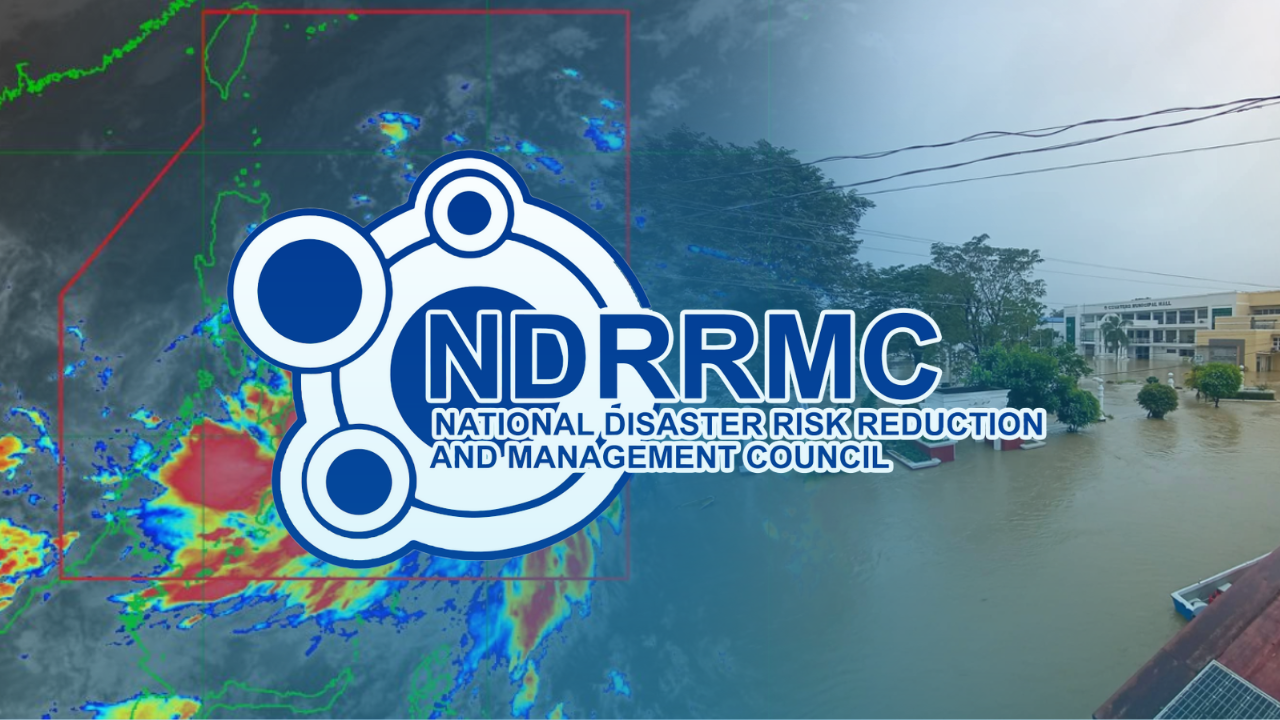
The National Disaster Risk Reduction and Management Council (NDRRMC) says in its August 5, 2024, situational report that the number of reported deaths due typhoons Butchoy and Carina, and the strong southwest monsoon increased by two. INQUIRER FILES
MANILA, Philippines — The number of reported deaths due to the combined effects of typhoons Butchoy and Carina, and the strong southwest monsoon increased by two, according to the National Disaster Risk Reduction and Management Council (NDRRMC).
In a report released Monday, August 5, the NDRRMC said the additional death reports they received were logged in Metro Manila. The agency, however, noted that the two death reports are still subject to validation.
Currently, the NDRRMC has received a total of 48 death reports, and among them, 14 have already been validated.
The highest number of fatalities was reported in Metro Manila or the National Capital Region at 22; followed by Calabarzon (Cavite, Laguna, Batangas, Rizal, and Quezon) at 15.
READ: Pagasa: Butchoy and Carina boost southwest monsoon, rain likely
Four deaths were likewise reported in Zamboanga Peninsula; two each in Central Luzon and Bangsamoro Autonomous Region in Muslim Mindanao; and one each in Ilocos Region, Northern Mindanao, and Davao Region, according to the NDRRMC.
Fourteen people were also reportedly hurt, while five others remain missing following the onslaught of Butchoy, Carina, and the strong southwest monsoon, locally called habagat.
In total, the NDRRMC’s August 5 situational report says, the three weather systems affected 6.2 million people nationwide, while damage to agriculture was pegged at P1.8 billion and destruction to infrastructure, at P4.1 billion.
Before the end of July, Metro Manila and Calabarzon experienced the impact of a southwest monsoon that was boosted by Carina, which beat northern Luzon.
READ: Pagasa: 2 LPAs off Batangas, Catandauanes now TDs Butchoy, Carina
Butchoy, on the other hand, passed along the outskirts of western Luzon and left the Philippine area of responsibility on July 20. Butchoy also enhanced the southwest monsoon, resulting in heavy rains over affected areas.
La Mesa dam overflowed and the Marikina River reached critical levels due to incessant rains, exacerbating the flooding in Calabarzon and Metro Manila.
Widespread flooding closed major roads and inundated bungalows and even buildings, leading Metro Manila and nearby provinces and towns to later on declare a state of calamity.